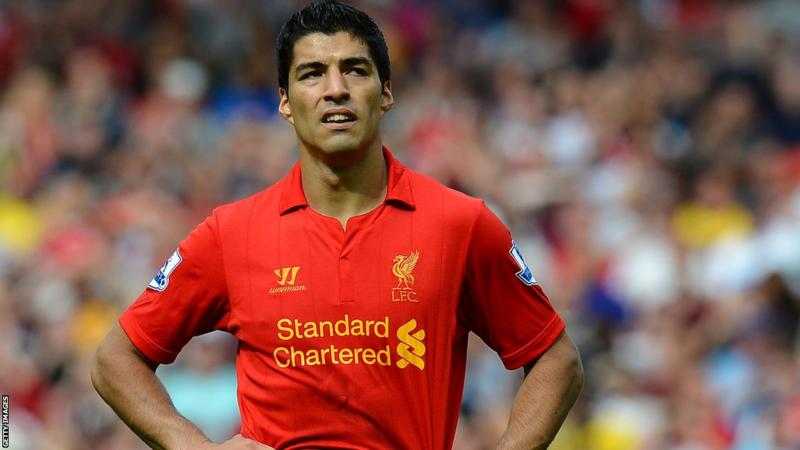At Liverpool, Suarez had scored 23 Premier League goals

In addition to scoring, bawling, biting, and handballing, Suarez is not being recalled due to any of these actions. This is something he didn’t do, for once.
During the summer of 2013, Law was overseeing Arsenal’s transfer business and manager Arsene Wenger wanted another striker.
Suarez scored 23 Premier League goals for Liverpool, which finished seventh, and wanted to join another team.
Arsenal moved as a result.
Suarez’s contract contained a clause mentioning bids exceeding £40 million, which Law knew.
The clause was too vague to force Liverpool’s hand to purchase Suarez for that amount. The goal was to open negotiations, fuel Suarez’s desire to leave, and pave the way to a deal with that number.
An offer of £40m plus one symbolic pound was sent over by Law.
He says, “We just tried to start a conversation.”.
Despite his best efforts, he did not receive a response.
Liverpool owner John W Henry responded by tweeting, “What do you think they’re smoking over there at Emirates?”.
It was clear that Suarez wasn’t happy at Liverpool, so he skulked around in a few friendlies, but ultimately stayed there rather than submit a transfer request.
Law asks, “Was Suarez committed to leaving?”
In the case of the buying club, you need more than a week or two. When things get sticky, you need to feel that the player is prepared to push from their side.
In retrospect, would it have made a difference to the outcome if we had offered £45m? Definitely. But would it have changed the outcome? I doubt it.”
Despite losing out on that occasion, there is always another hand to play, another deal to complete in the summer game of transfer bids and bluffs.
When it comes to winning more than losing, strategy and tactics are essential.
A Charlie Chaplin film. This is the Colombo. It’s the salami. Don’t be afraid to reach for the stars. Please tell me why. Planting the seeds.
There are 39 different ploys and 12 pages in Dan Hughes’ tactical playbook.
As a negotiation specialist, he was more used to dealing with corporate business clients when a phone call came 15 years ago.
On the other end of the line, Mike Rigg was trying to make sense of a world that had been turned upside down.
Having been appointed as Manchester City’s head of player acquisition just a few weeks before Sheikh Mansour bought the club, Rigg’s transfer budget suddenly soared, putting him against Europe’s superpowers.
As a result of his fortune, Rigg had lost any leverage he had. In response to City’s inquiries, selling clubs increased their prices. Having failed to gain a foothold in negotiations, Rigg sought Hughes’ advice.
Despite being the first, he was not the last.
